The pursuit of a high quality of life is inherent in every resident of our planet.
This term encompasses the efficiency of human life and the degree of satisfaction of their material, spiritual, and social needs. A significant drawback of such a lifestyle is the high cost that one has to pay. Economic theory offers several options for calculating the cost of living index in a particular city. The calculation is based on the price of a consumer basket, or in other words, the actual cost of a specific set of goods and services. According to recent studies, the cost of living worldwide has increased by more than 8% on an annual basis. The ranking presented below takes into account both standard consumer expenses and rental costs.
Singapore (Singapore)
Singapore is one of the obvious examples of revolutionary state development in modern history. The country maintains a business-friendly climate and high investment attractiveness. The region's economy is recognized as the most competitive in the world, and its GDP per capita surpasses that of the United States. Thousands of foreign companies strive to conquer the local market, and pragmatic professionals from all continents build successful careers here.
The high cost of living is due to a large number of highly paid employees and limited land for expanding the metropolis. Prices for essential goods and public transport, by local standards, are quite affordable. The maximum expenses incurred by foreigners and Singapore residents are related to property rental. According to market laws, the cost of rental properties depends on their size, age of the building, the prestige of the area, and the availability of service infrastructure. Buying a car is considered a bold decision as Singapore holds the Guinness World Record for the highest prices of private transportation.
Average prices in the city:
- Monthly rent for a 1-bedroom apartment: city center - 3,370 euros, other districts - 2,160 euros;
- Lunch for two at a mid-range restaurant - 68 euros;
- Bottle of water (0.33L) - 1 euro;
- White bread (500g) at the supermarket - 2 euros;
- City public transport fare - 1.36 euros;
- Gasoline (1 liter) - 2 euros;
- Basic utilities (85 sqm apartment) - 152 euros per month;
- Standard mobile phone tariff - 12 euros per month;
- Unlimited internet - 31 euros per month;
- Gym membership - 105 euros per month.
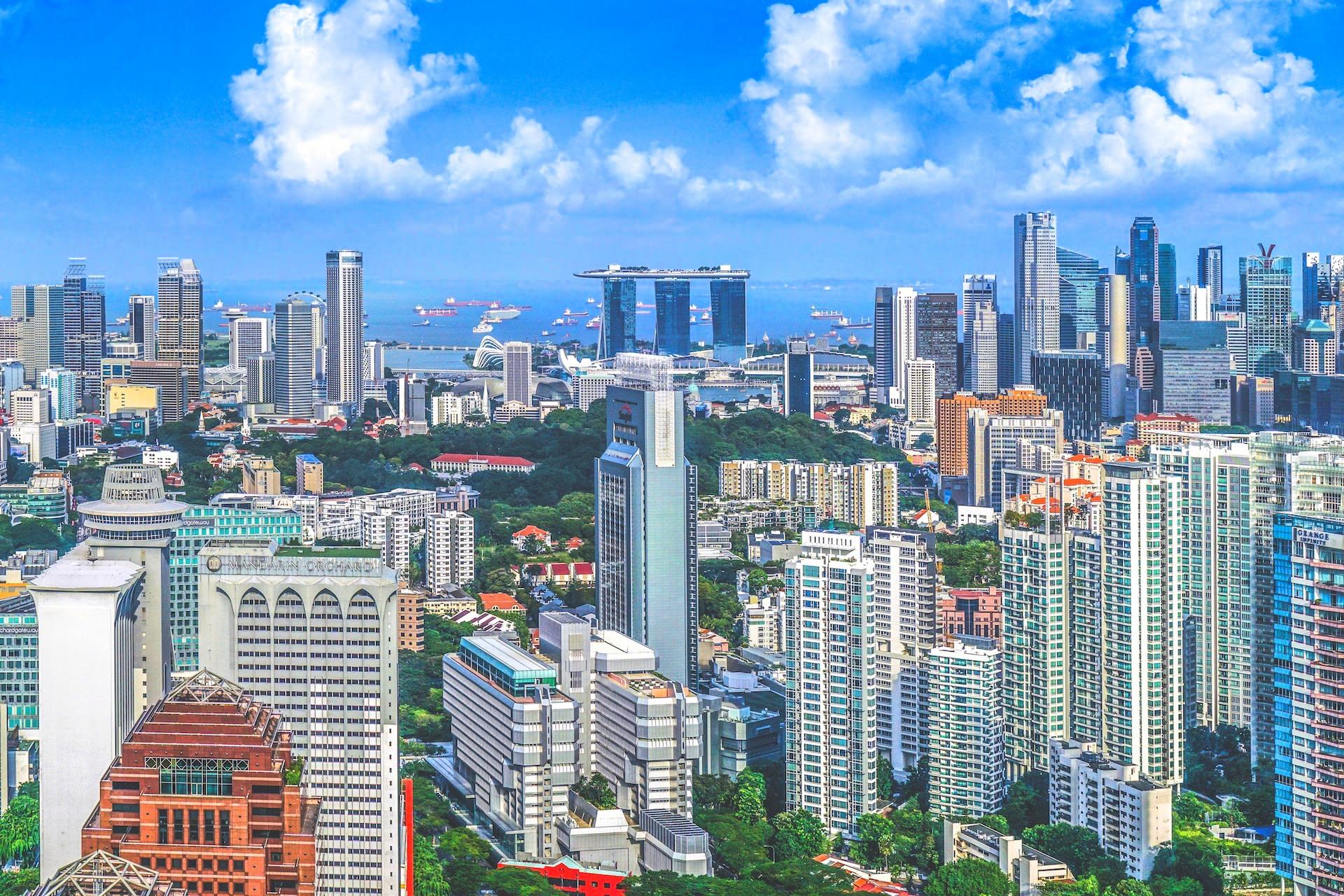
The significant cost of utilities is due to the import of electricity, primarily from neighboring Malaysia. Two Singaporean universities are among the top 100 educational institutions in the world. Tuition fees for local residents are significantly lower than for citizens of other countries (13,000-23,000 euros per year). Singapore is renowned for its highly skilled and technologically advanced healthcare system. Services are virtually free for its residents, while foreigners would have to pay around 70 to 120 euros for a doctor's consultation. The city's population communicates fluently in English and is welcoming to individuals from other countries.
Advantages of living in the city:
- High standard of living;
- Top-ranked transportation infrastructure among all countries;
- Fastest internet in the world;
- Low taxation rates for individuals and corporations;
- Law-abiding population;
- High level of safety;
- Rational and comfortable city planning.
Disadvantages:
- Strict immigration policies;
- Heavy fines for public order violations;
- Unfamiliar beauty industry standards for Europeans;
- Humid tropical climate.
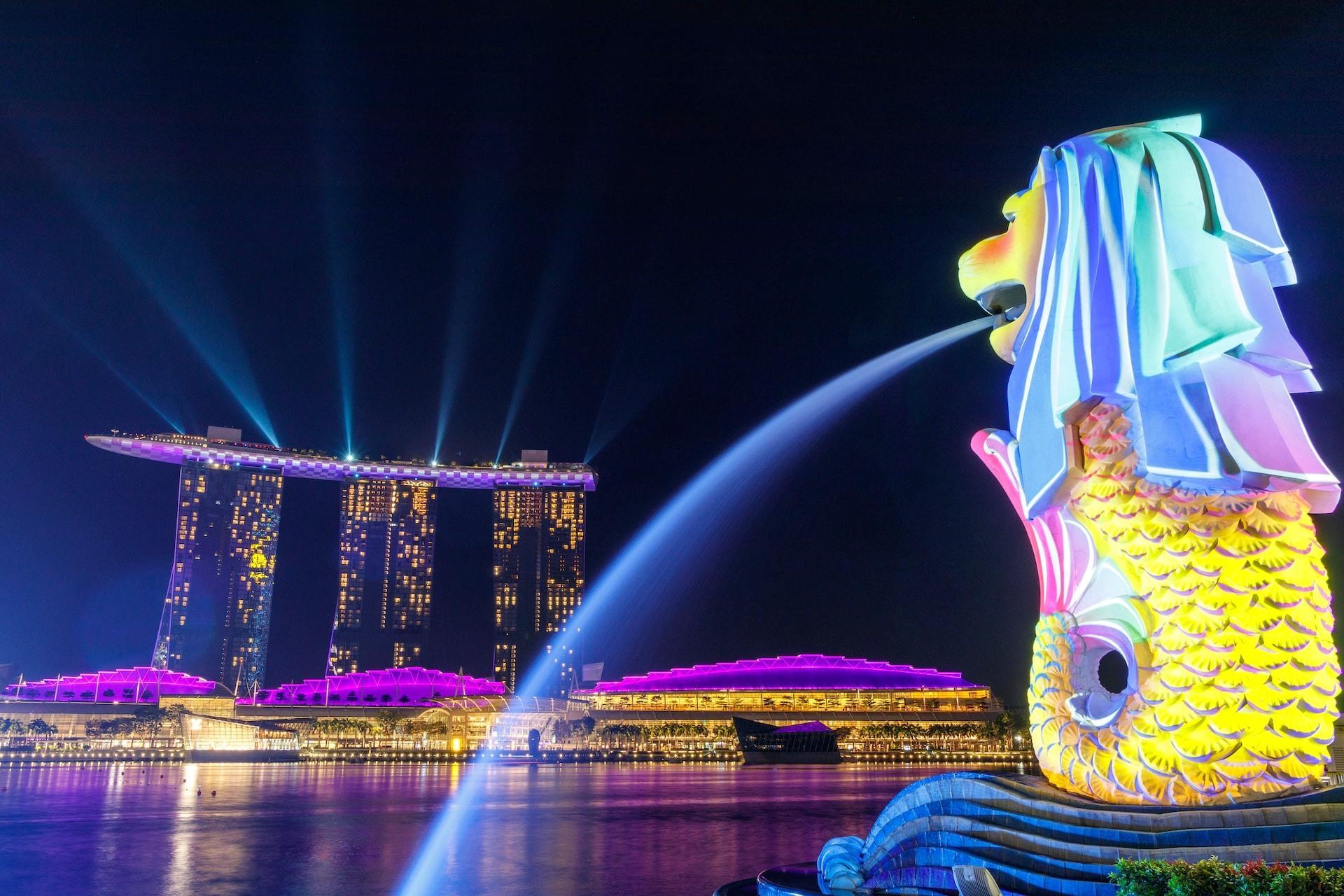
San Francisco (USA)
San Francisco is rightfully called the city of the digital future. Today, you can ride in self-driving taxis on its hilly streets, and local supermarkets operate without cashiers. The city is home to the largest concentration of determined and talented professionals, and the nearby Silicon Valley is the birthplace of cutting-edge technologies and bold startups. The offices of world-renowned IT companies are located here, with Apple's iconic "spaceship" being the most recognizable. San Francisco has formed a unique society of intellectuals, fostering entrepreneurship in the high-tech sector. The city's pricing policy is primarily shaped by highly paid IT specialists. The cost of consumer goods is extremely high, and the highest expense category is housing rent. The cost of parking, museum visits, and breakfast at a regular cafe is significantly higher here compared to the largest city in the state, Los Angeles. By the way, California has the highest tax rates in the USA.
Average prices in the city:
- Monthly rent for a 1-bedroom apartment: city center - 3,000 euros, other districts - 2,400 euros;
- Lunch for two at a mid-range restaurant - 92 euros;
- Bottle of water (0.33L) - 2 euros;
- White bread (500g) at the supermarket - 4.7 euros;
- City public transport fare - 2.7 euros;
- Gasoline (1 liter) - 1.3 euros;
- Basic utilities (85 sqm apartment) per month - 242 euros;
- Standard mobile phone tariff - 40 euros per month;
- Unlimited internet - 65 euros per month;
- Gym membership - 90 euros per month.
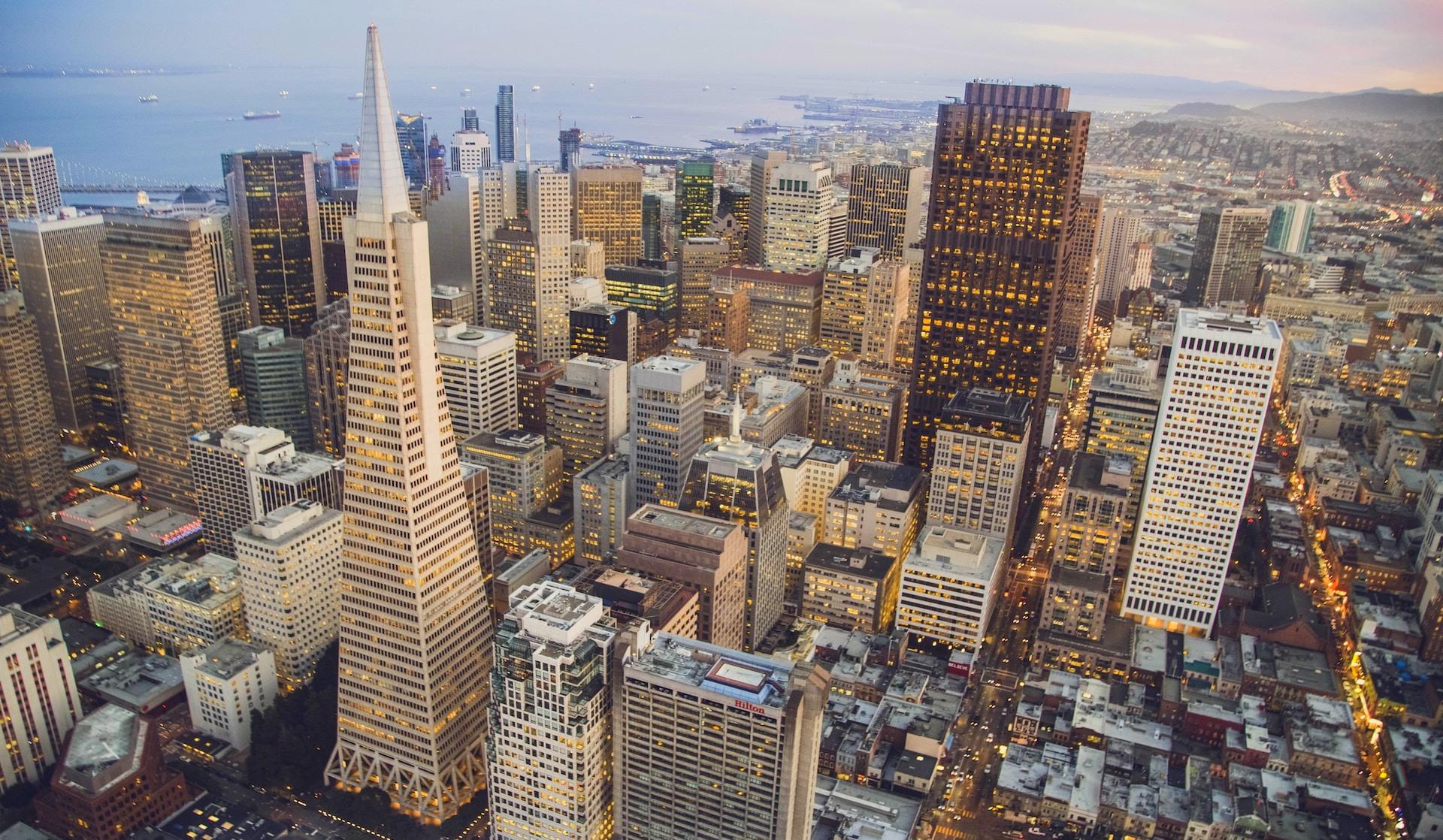
San Francisco has a well-developed transportation network, including its iconic cable cars. Thanks to world-renowned universities like Stanford and Berkeley, the city is considered one of the largest educational centers on the continent. The cost of education in these prestigious universities for non-residents starts at 40,000 dollars per year. Another symbol of San Francisco is the Golden Gate Bridge, which connects the shores of the eponymous strait. The local population is cosmopolitan and indifferent to foreign visitors.
Advantages of living in the city:
- Highest quality of life rating among US cities;
- Moderate climate and proximity to the ocean;
- Beautiful architecture with numerous historic (by American standards) houses;
- Wide range of entertainment options, vibrant cultural and sports scene;
- Developed consumer market and high purchasing power.
Disadvantages:
- Second highest population density after New York City;
- Certain areas with high levels of street crime and frequent car break-ins;
- Mass presence of homeless individuals in certain city neighborhoods;
- Hilly terrain;
- Difficult for non-IT professionals to find highly paid employment.
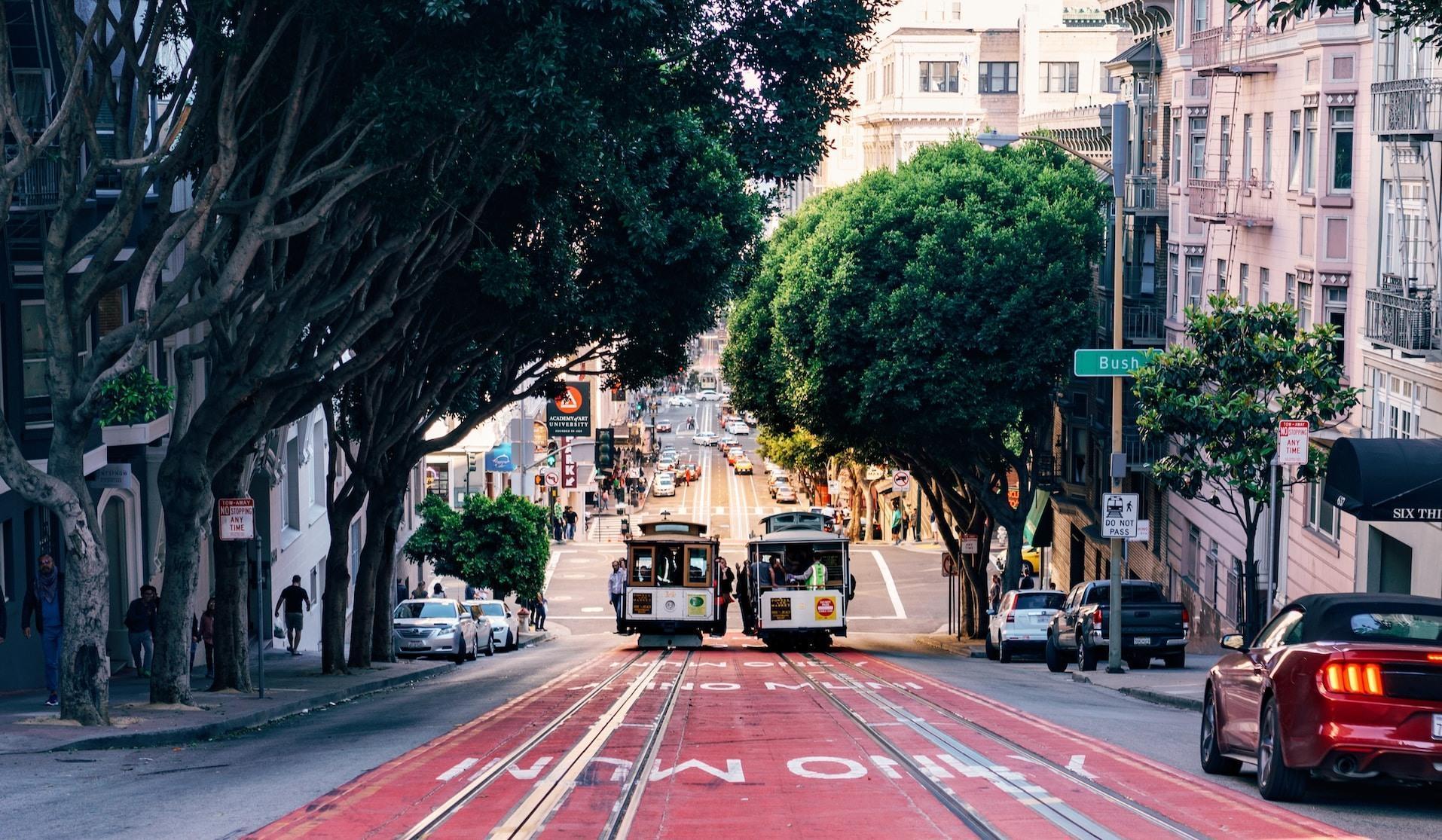
London (United Kingdom)
The capital of the United Kingdom, London, is a global center for science, finance, and culture. Despite its long and historically significant past, London has a modern outlook and confidently faces the future. The city is known for its high quality of life, scientific breakthroughs in various fields, and a strong economy with a focus on the industrial and banking sectors. The business and political activities of this metropolis influence global events. Professionals from all over the world strive to build successful careers in London, creating high competition in the job market. The city is home to 43 universities, the highest number for any city in Europe. Millions of people from other countries come here to receive education, the prestige of which is well-known beyond the borders of the United Kingdom. The cost of education, depending on the field of study and the university, ranges from 15,000 to 40,000 pounds per year. London boasts numerous historical monuments and architectural landmarks, attracting tourists throughout the year. Its well-developed transportation infrastructure includes iconic double-decker buses and the oldest underground metro system in the world.
Average prices in the city:
- Monthly rent for a 1-bedroom apartment: city center - 2,400 euros, other districts - 1,700 euros;
- Lunch for two at a mid-range restaurant - 93 euros;
- Bottle of water (0.33L) - 1.7 euros;
- White bread (500g) at the supermarket - 1.5 euros;
- City public transport fare - 3.25 euros;
- Gasoline (1 liter) - 2 euros;
- Basic utilities (85 sqm apartment) per month - 354 euros;
- Standard mobile phone tariff - 16 euros per month;
- Unlimited internet - 35 euros per month;
- Gym membership - 60 euros per month.
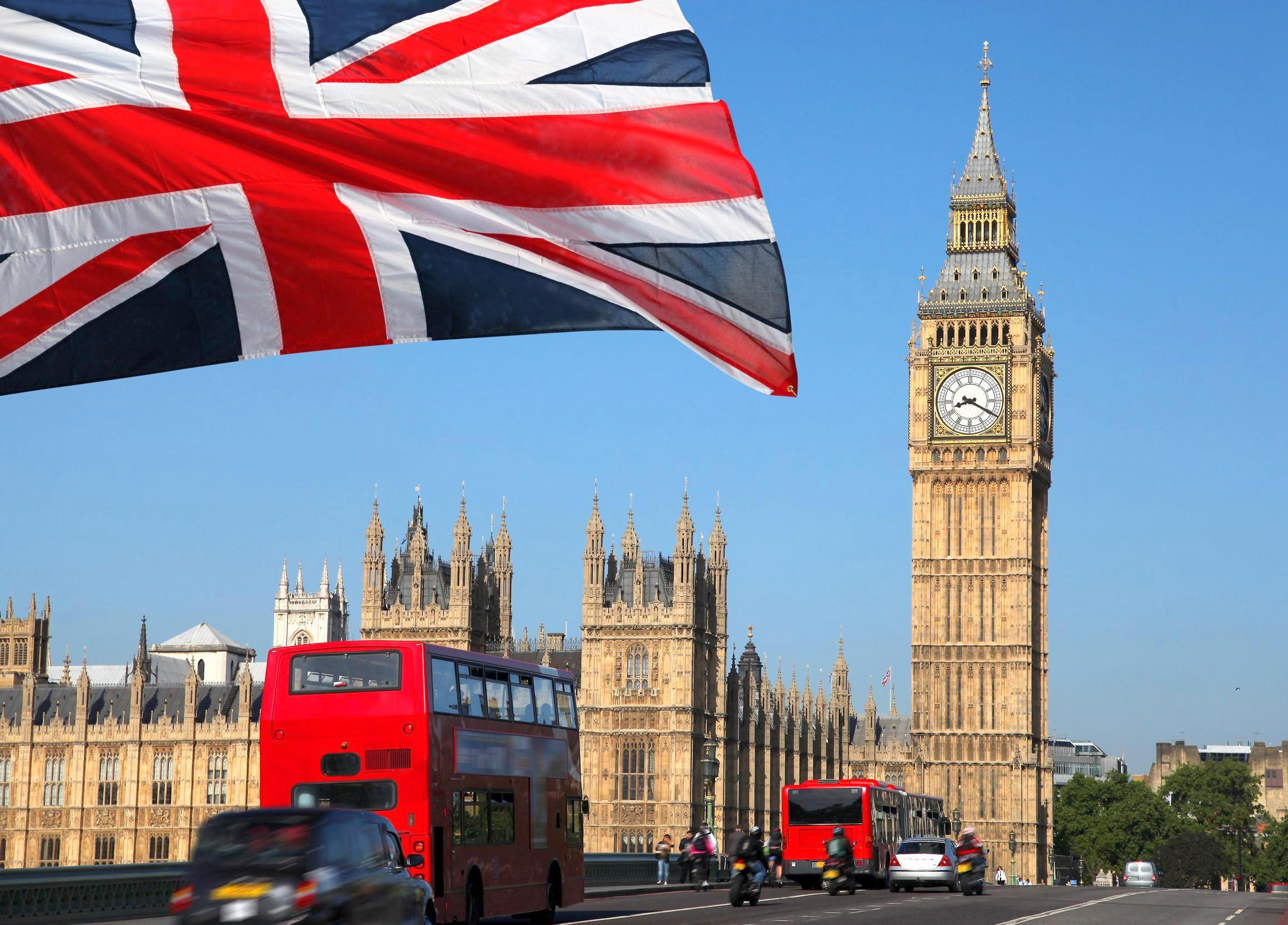
Real estate in the capital exhibits high investment attractiveness, and the market offers a long list of properties for consumers. London is the most multicultural capital in the world, with over 300 languages and dialects spoken here. The locals are known for their good manners and friendliness. It's easy to make acquaintances and join interest-based clubs in the city. London's cultural and sporting life is envied by any capital. Numerous concerts, festivals, exhibitions, and sports competitions generate significant revenue for the city. The negative aspect of the social environment is the London climate: rapidly changing weather, frequent rain, and fog.
Advantages of living in the city:
- High standard of living and wages;
- International prestige of the city;
- Quality education and healthcare;
- High level of safety;
- Rich cultural and sporting life;
- Absence of language barrier.
Disadvantages:
- High level of taxation;
- Not all neighborhoods are comfortable for living;
- Long waiting lists for doctor visits;
- Not always optimal functioning of household services;
- Limited national cuisine.
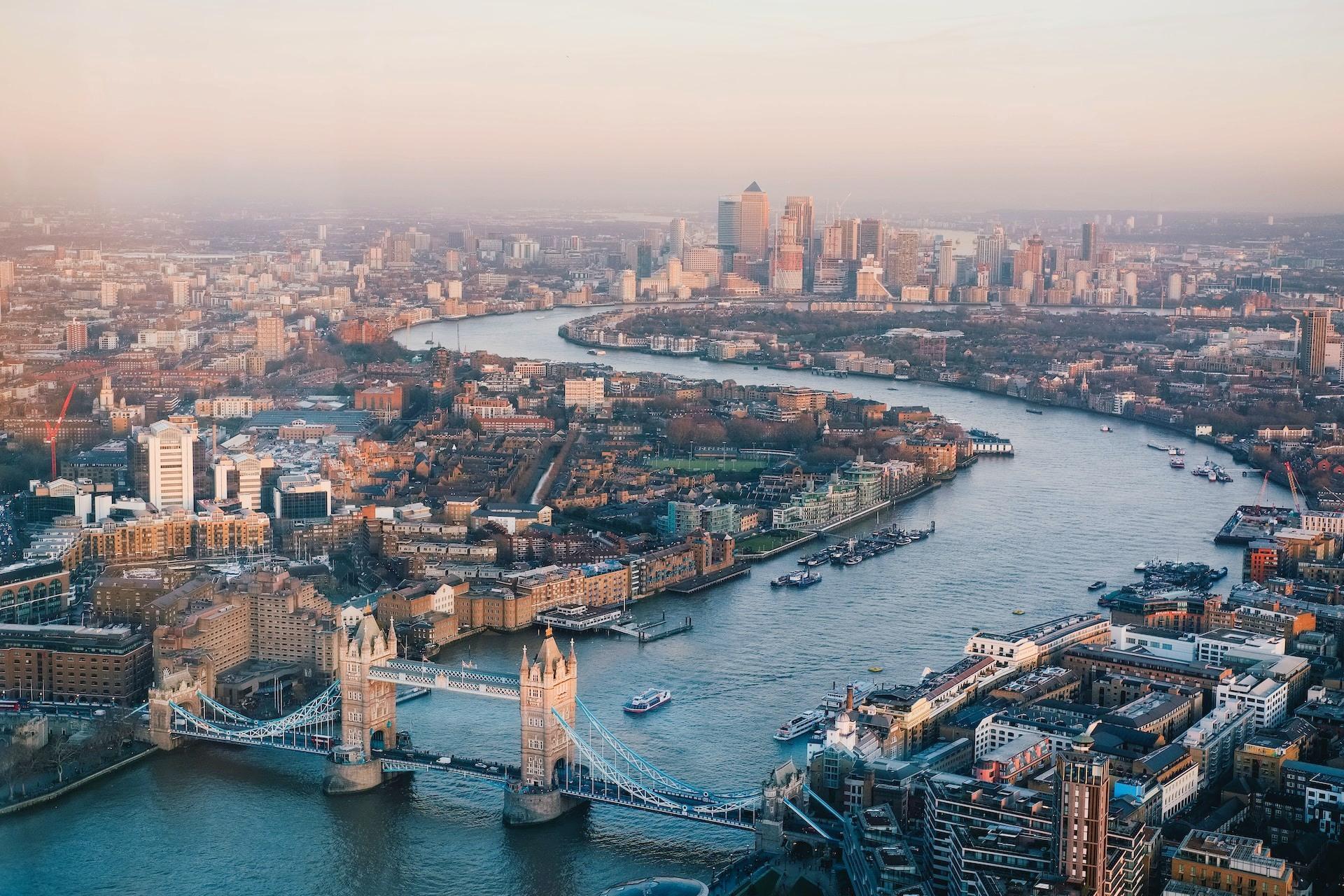
Geneva (Switzerland)
The world capital of watchmaking is located on the shores of Lake Geneva. The city is known as the diplomatic and exhibition center of Switzerland. It is home to the headquarters of influential international organizations and offices of transnational companies. Geneva regularly hosts international exhibitions and conferences dedicated to solving global issues. The vibrant social life is accompanied by events featuring world-renowned celebrities.
Not far from the city, a unique particle accelerator, managed by one of the largest physics laboratories, has been built. Thanks to its "postcard-perfect" architecture and diversity of historical landmarks, Geneva has become a global tourist center. The economic prosperity of the canton is based on a reliable banking sector, the development of high technologies, and the production of the most precise watches and unique jewelry.
Average prices in the city:
- Monthly rent for a 1-bedroom apartment: city center - 2,000 euros, other districts - 1,800 euros;
- Lunch for two at a mid-range restaurant - 115 euros;
- Bottle of water (0.33L) - 3.5 euros;
- White bread (500g) at the supermarket - 3.2 euros;
- City public transport fare - 3 euros;
- Gasoline (1 liter) - 2 euros;
- Basic utilities (85 sqm apartment) per month - 200 euros;
- Standard mobile phone tariff - 70 euros per month;
- Unlimited internet - 55 euros per month;
- Gym membership - 80 euros per month.

Prestigious city universities guarantee fundamental education, primarily in the humanities. The local population uses the French language, while the majority also speaks English. Geneva consistently ranks high on the list of cities with the highest quality of life, while also being one of the most expensive cities. The cost of a consumer basket here is several times higher than in neighboring France. Urban real estate properties are among the most expensive in Europe, and housing rentals are not affordable for everyone. Great attention is paid to the cleanliness of city streets and the overall atmosphere, and Swiss cuisine is considered the most environmentally friendly in the world.
Advantages of living in the city:
- Effective social support from the state;
- High salary levels;
- Healthcare standards exceeding global norms;
- Convenient geographical location of the city;
- High level of personal safety;
- Environmentally conscious approach.
Disadvantages:
- High prices for goods and services;
- Intense competition in the job market;
- Numerous restrictions on housing rentals;
- Negative attitudes of locals towards expatriates;
- Unfamiliar lifestyle for many foreigners.
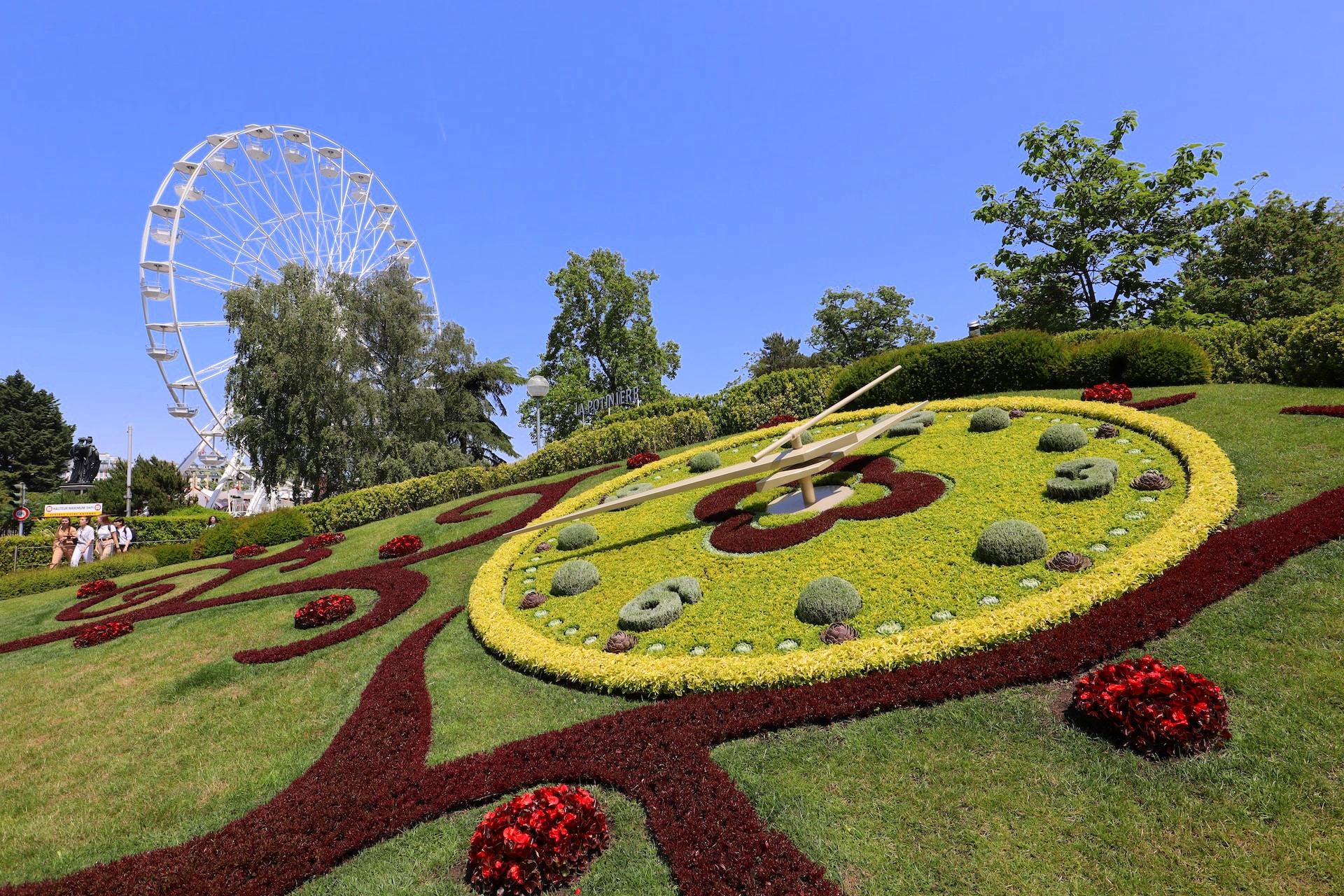
Sydney (Australia)
Sydney is the oldest city and the largest industrial center in Australia. The region's economy thrives on the development of innovative technologies, and specialized professionals achieve significant career success. Australia's higher education system is one of the most advanced in the world. Several universities in Sydney, which are among the top 100 universities globally, offer students in-depth knowledge in the exact and humanities sciences. The cost of education, ranging from 30,000 to 45,000 Australian dollars (20,000 to 30,000 US dollars), is comparable to equivalents in the USA and the UK. The city has the most developed transport infrastructure on the continent, and the local airport serves as the country's main gateway. Sydney is one of the most multicultural metropolises in the world, which confirms its attractiveness to migrants from other countries.
Average prices in the city:
- Monthly rent for a 1-bedroom apartment: city center - 2,000 euros, other districts - 1,400 euros;
- Lunch for two at a mid-range restaurant - 85 euros;
- Bottle of water (0.33L) - 2 euros;
- White bread (500g) at the supermarket - 2.4 euros;
- City public transport fare - 3 euros;
- Gasoline (1 liter) - 1.25 euros;
- Basic utilities (85 sqm apartment) per month - 183 euros;
- Standard mobile phone tariff - 27 euros per month;
- Unlimited internet - 52 euros per month;
- Gym membership - 60 euros per month.
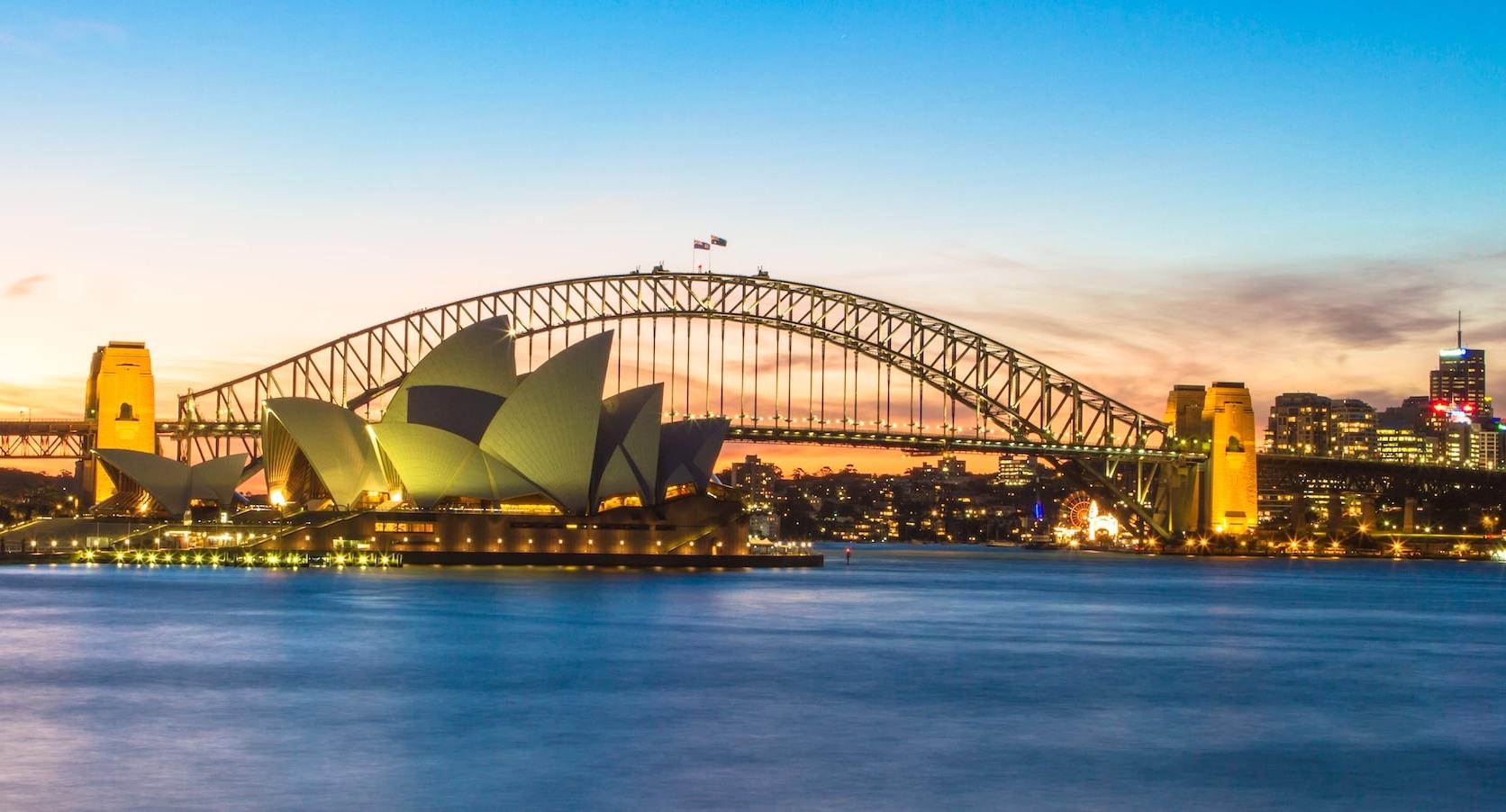
The already expensive real estate market demonstrates a constant price growth both for purchases and rentals. Friendliness and a high level of trust are characteristic traits of the indigenous population of the green continent. Sydney has a unique architectural appearance: modern business districts made of glass and concrete are surrounded by picturesque parks with exotic plants. The famous Opera House and the Harbour Bridge serve as iconic landmarks of the metropolis. The ocean beaches with golden sand attract divers, surfers, and travel enthusiasts from around the world.
Advantages of living in the city:
- High quality of life;
- Qualified healthcare;
- Comfortable subtropical climate, unique nature;
- Abundance of cultural establishments;
- High level of personal safety;
- Increased focus on ecology;
- Low unemployment rate.
Disadvantages:
- Remote location from other countries and continents;
- Unusual working hours in the service sector;
- The region is inhabited by dangerous wildlife, such as spiders, snakes, and sharks.
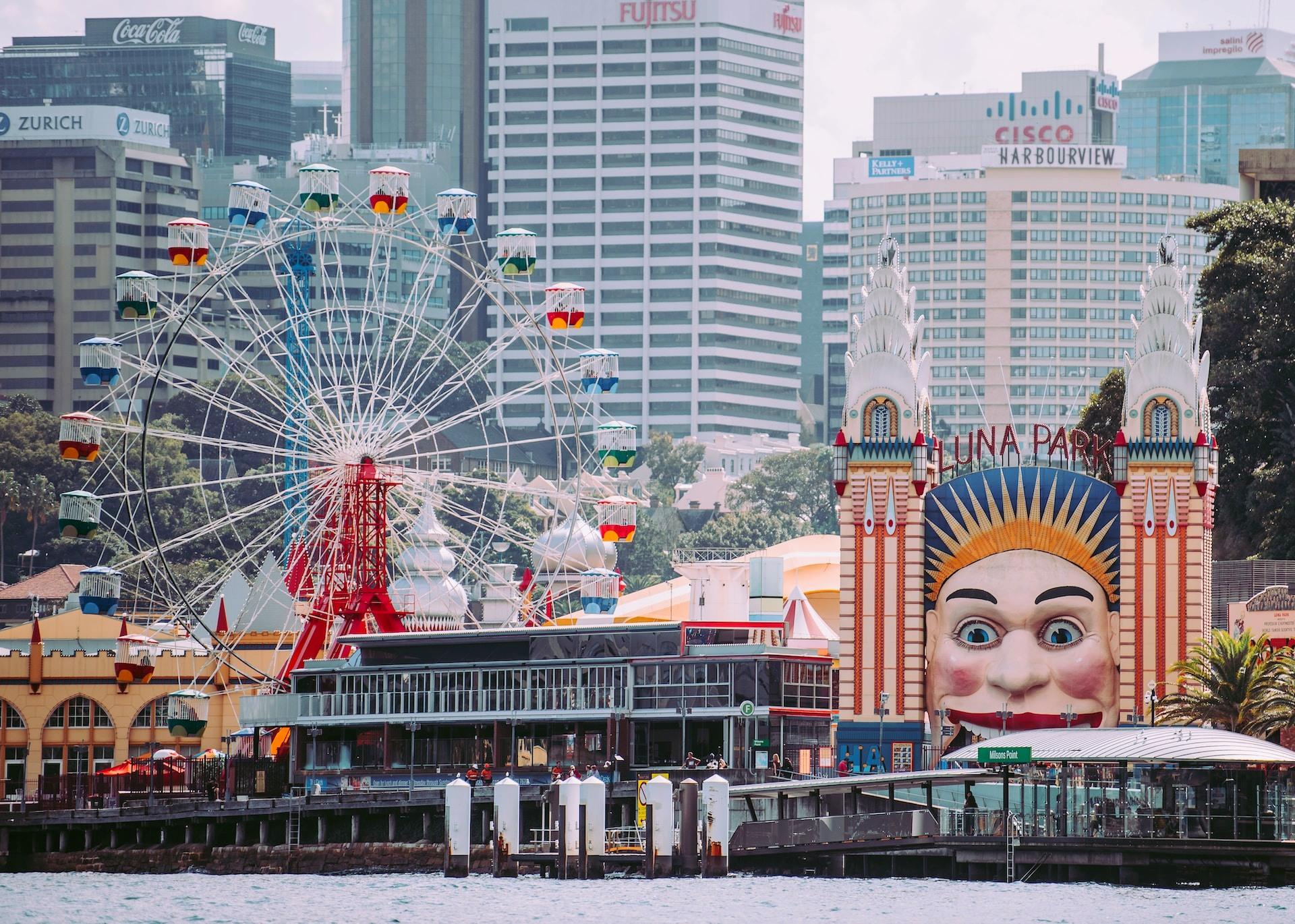
Hong Kong (China)
Hong Kong is a special administrative region of China and one of the global trade and financial centers. Locals respectfully call it the "Asian megacity with a European character." The city offers favorable conditions for doing business, with a stable currency and low tax burden. Employees of foreign companies, with high salary levels, have the opportunity to live comfortably in one of the most expensive corners of the world. Hong Kong is one of the largest logistics centers in Asia with unlimited shopping opportunities. The highly developed entertainment industry is active around the clock. Traveling by city transport, whose structure is emulated by urban planners in other countries, is very convenient and inexpensive. The main expenditure in Hong Kong is related to renting local real estate. Exorbitant prices can be explained by the artificially "inflated" market, constant demand, and the limited size of the city district. There is a significant difference in cost between old Chinese-style apartments and modern waterfront apartments.
Average prices in the city:
- Monthly rent for a 1-bedroom apartment: city center - 2,000 euros, other districts - 1,500 euros;
- Lunch for two at a mid-range restaurant - 58 euros;
- Bottle of water (0.33L) - 1 euro;
- White bread (500g) at the supermarket - 2 euros;
- City public transport fare - 1.4 euros;
- Gasoline (1 liter) - 2.6 euros;
- Basic utilities (85 sqm apartment) per month - 196 euros;
- Standard mobile phone tariff - 15 euros per month;
- Unlimited internet - 20 euros per month;
- Gym membership - 72 euros.
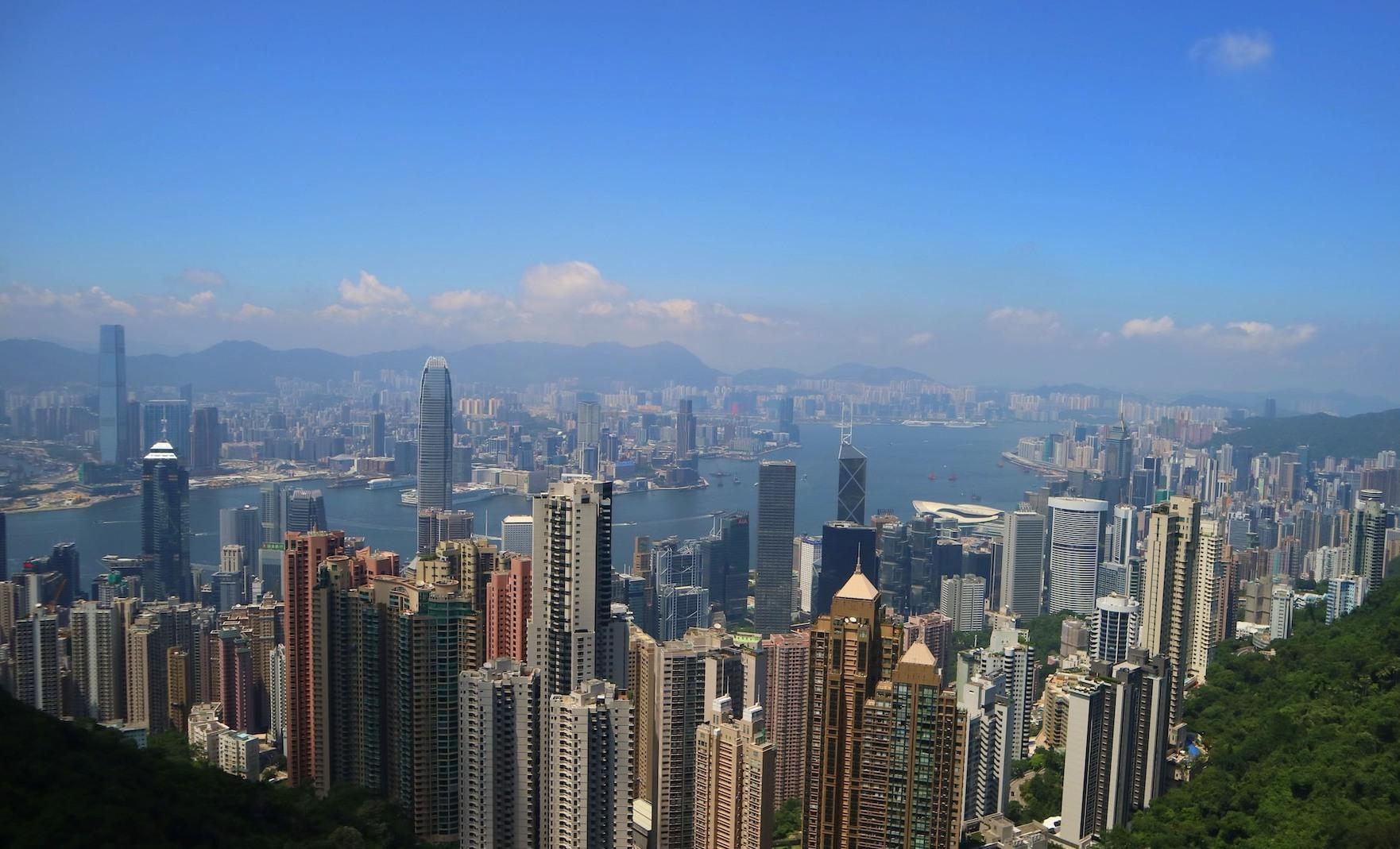
The higher education system in Hong Kong is based on the British model, and degrees from local universities are recognized worldwide. The cost of education is advantageous compared to the USA or Europe and amounts to 5,000 to 7,000 euros per academic year. Local healthcare, which has gained a reputation as one of the most effective, is free for all citizens. English is the second official language in Hong Kong, meaning there is no language barrier when communicating with its residents. The city's population is friendly towards foreigners.
Advantages of living in the city:
- Decent quality of life;
- Low taxes;
- Convenient connections with neighboring countries;
- High level of personal safety;
- Abundance of attractions and beautiful surrounding nature.
Disadvantages:
- A 12-hour workday is considered the norm;
- High cost of renting housing;
- Foreigners may encounter difficulties when opening accounts in local banks;
- Overcrowding in the megacity;
- Humid climate and air pollution.
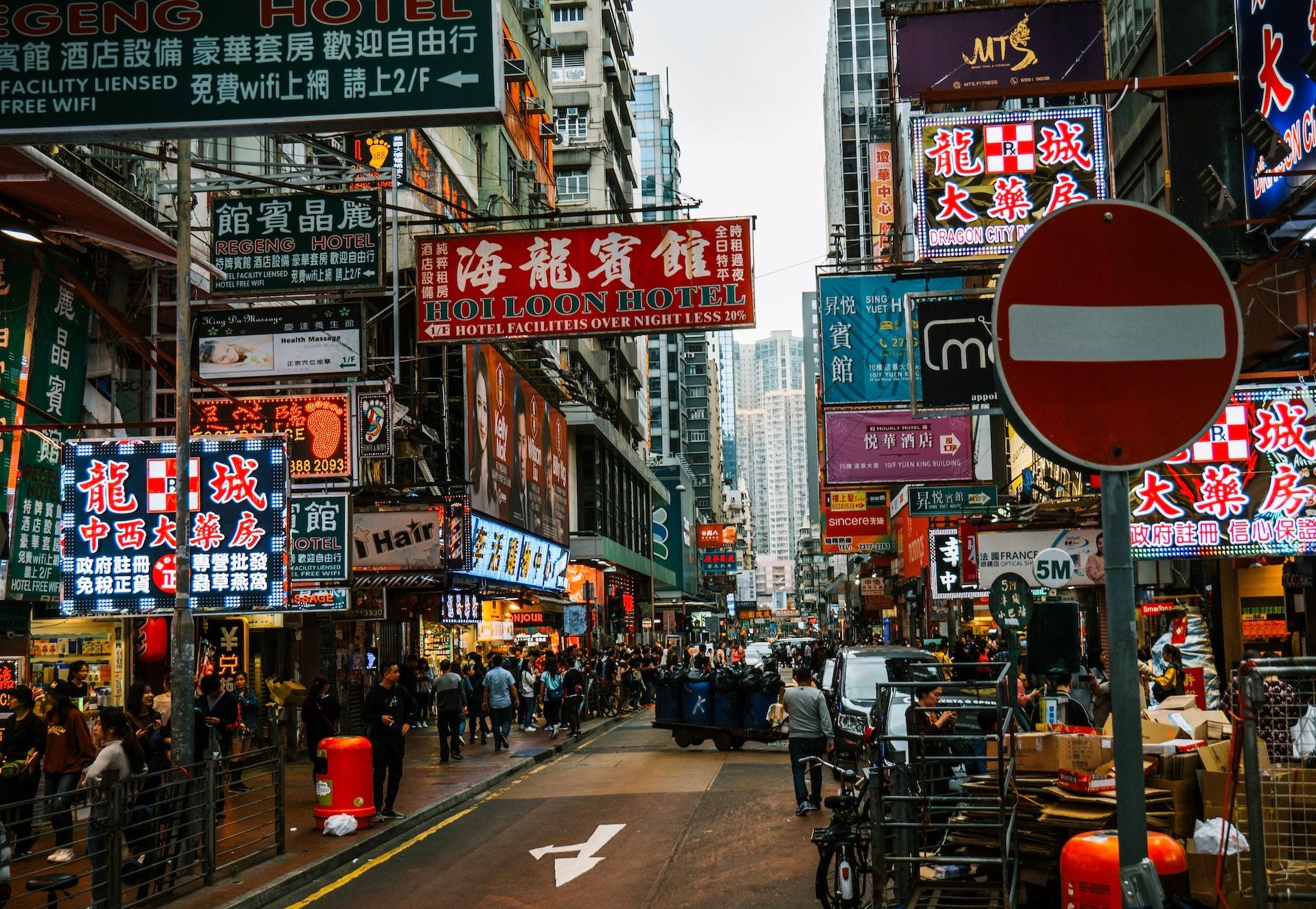
Vancouver (Canada)
Vancouver, the third most populous and most multicultural city in Canada, is located on the far west coast. Every year, Vancouver ranks among the top five best cities to live in the world and stands out from other metropolises in the country. The city enjoys a comfortable and mild climate by Canadian standards, but from November to the beginning of spring, the rainy season sets in. Thanks to a combination of high-rise buildings and endless parks, the city has a cozy and modern look. Vancouver has a large number of mixed marriages, which is associated with the mass migration of residents from China and neighboring countries. The government of the province of British Columbia, where the metropolis is located, offers many attractive immigration programs that are utilized by affluent residents from Asia. Mass migration has left its mark on the cost of local real estate. For an expat with a limited budget, living here can be burdensome: purchasing or renting property in Vancouver is more expensive than in other cities in Canada.
Average prices in the city:
- Monthly rent for a 1-bedroom apartment: city center - 1,800 euros, other districts - 1,500 euros;
- Lunch for two at a mid-range restaurant - 76 euros;
- Bottle of water (0.33L) - 1.7 euros;
- Loaf of white bread (500g) at the supermarket - 2.7 euros;
- City public transport fare - 2.1 euros;
- Gasoline (1 liter) - 1.7 euros;
- Basic utilities (85 sqm apartment) per month - 99 euros;
- Standard mobile phone tariff - 40 euros per month;
- Unlimited internet - 63 euros per month;
- - Gym membership - 40 euros per month.
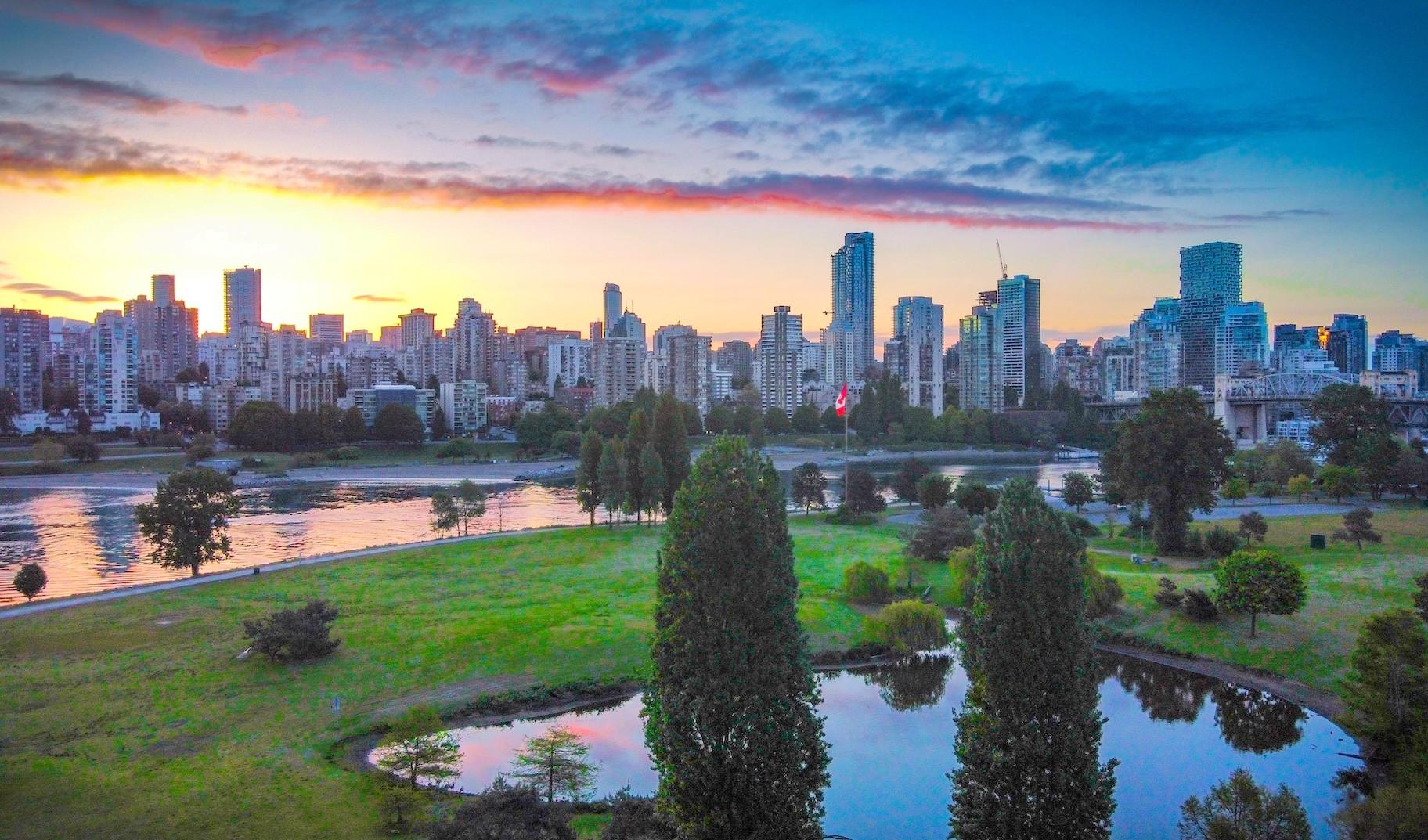
Representatives of the IT industry find it easier than others to find work and obtain citizenship. Vancouver's developed business community maintains connections with partners on all continents. The local airport connects Canada with most countries in the Pacific region, and the city's transportation network is considered one of the most advanced. The city's residents dedicate a lot of time to nature and sports, but the cultural life may seem monotonous. The main problem in Vancouver is drug addiction, which is referred to as the "opioid crisis" here. It is the only city in the world where needle disposal boxes are installed in parks in the central part of the city. Authorities are trying to address the issue, but so far, without significant success. Vancouver is often used as a filming location, which is why it is called the "Hollywood North" by filmmakers.
Advantages of living in the city:
High standard of living;
Multicultural society;
Developed infrastructure;
Qualified medical services;
Attention to the environment;
Scenic beaches and nature reserves.
Disadvantages:
City congestion, long traffic jams;
High crime rate by Canadian standards;
Homeless encampments in the downtown area;
The city is located in an active seismic zone.
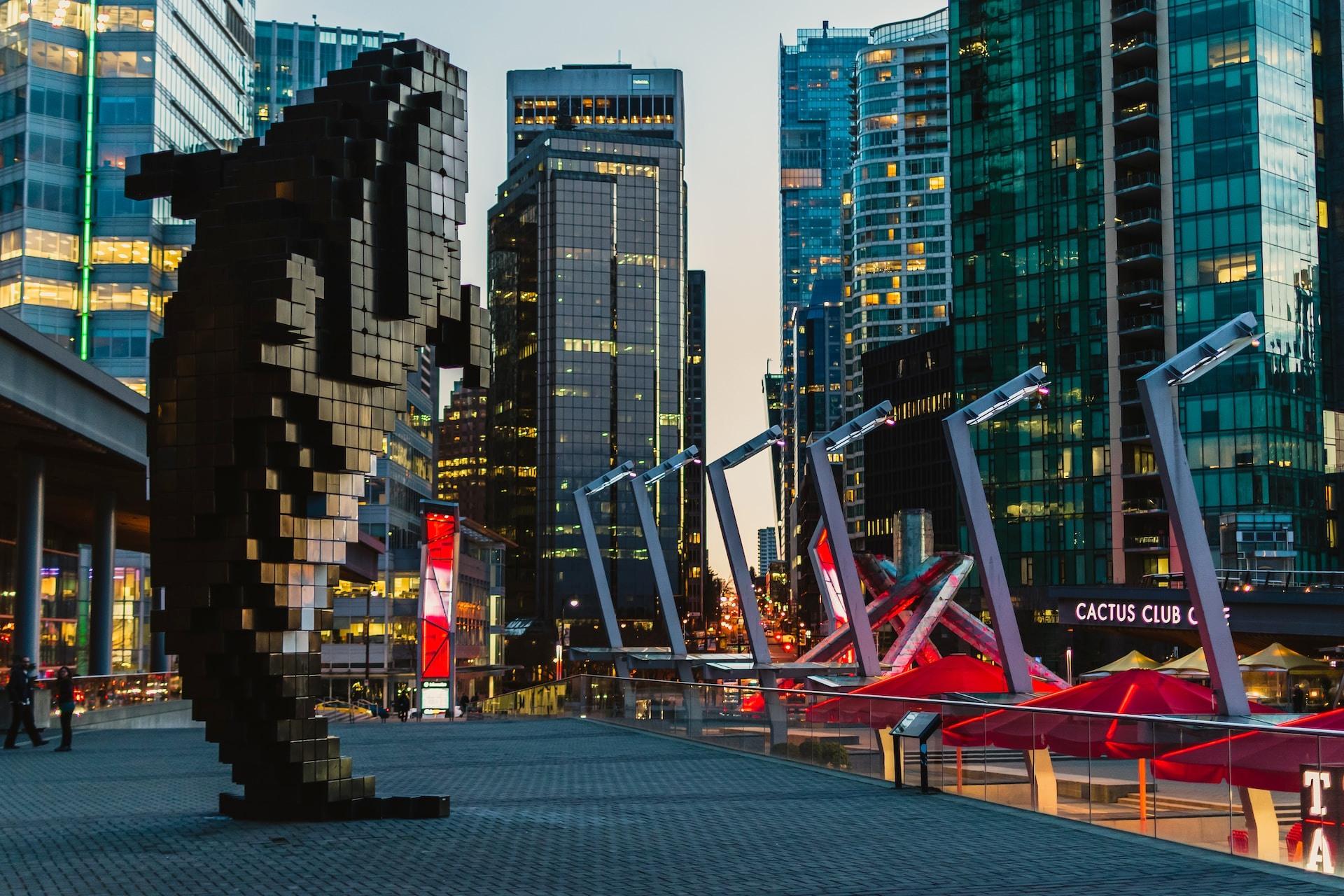
Reykjavik (Iceland)
Reykjavik is the capital and largest city of the island nation of Iceland. Its name translates to "Ice Bay," and the island's natural attractions include volcanoes and geysers. Icelanders cherish their land and do not tolerate pollution. Local stores do not sell products in plastic packaging or cellophane bags. Water resources play an important role in the country's life: 73% of the electricity is generated by hydroelectric power stations, and 27% comes from geothermal sources. The architecture of Reykjavik can hardly be called stylish and modern, and to the surprise of foreigners, the central streets are heated! The city has many private houses with walls covered in metal profiles to protect against chilling horizontal rains. The cost of such buildings, without architectural extravagance, amounts to hundreds of thousands of euros. The reasons for such high prices for real estate and everyday items are the import of most goods, their delivery, and high tax rates.
Average prices in the city:
- Monthly rent for a 1-bedroom apartment: city center - 1,500 euros, other districts - 1,300 euros;
- Lunch for two at a mid-range restaurant - 100 euros;
- Bottle of water (0.33L) - 2 euros;
- Loaf of white bread (500g) at the supermarket - 3 euros;
- City public transport fare - 3.7 euros;
- Gasoline (1 liter) - 2.1 euros;
- Basic utilities (85 sqm apartment) per month - 83 euros;
- Standard mobile phone tariff - 20 euros per month;
- Unlimited internet - 58 euros per month;
- Gym membership - 60 euros per month.
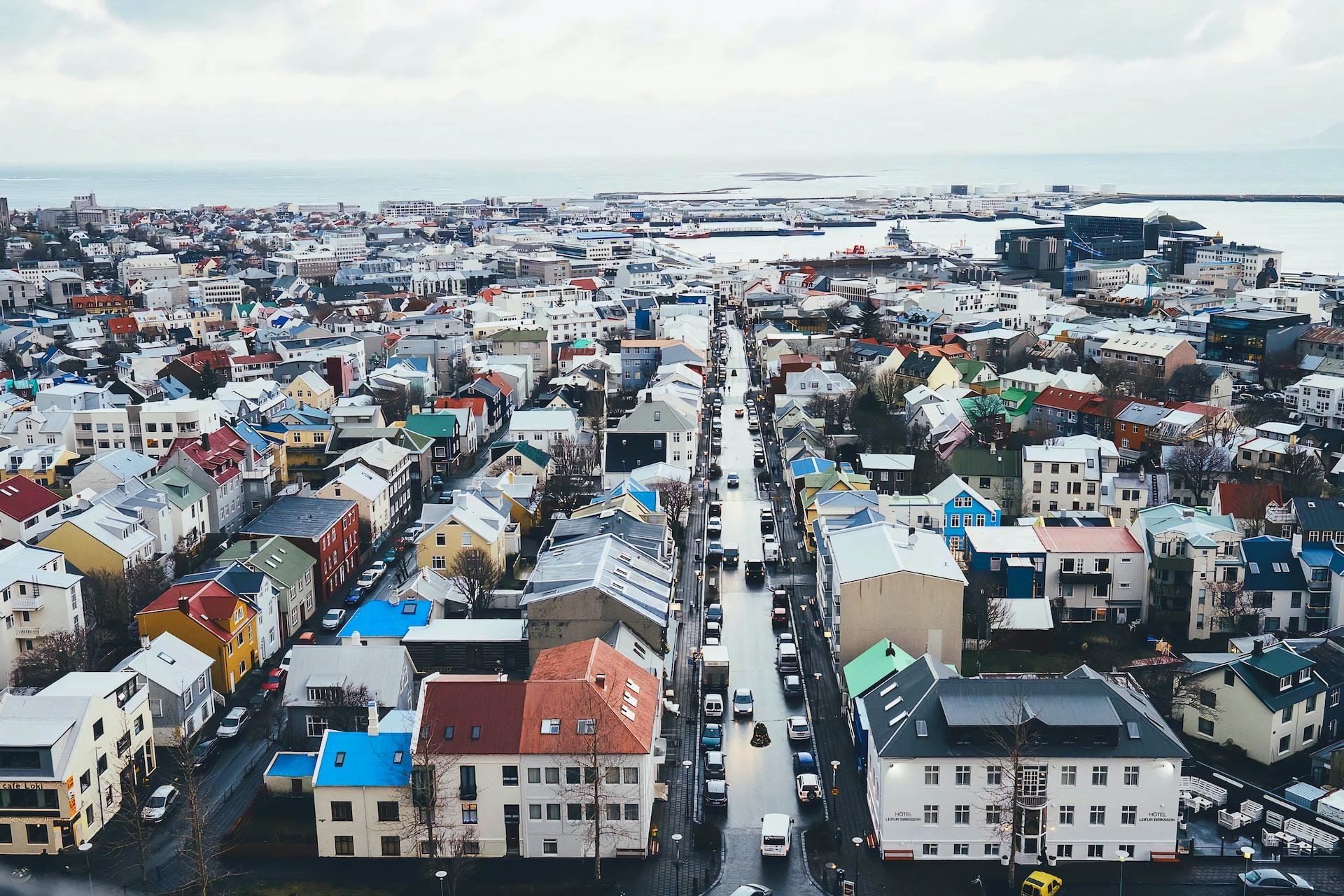
The city's economy is based on fish and seafood processing, followed by export. The lion's share of Reykjavik's budget comes from tourism. The city has a high level of salaries, including for unskilled labor. The state university is known for its excellent program in alternative energy education, and Iceland's position in this market is also strong. Local healthcare services are costly for foreign citizens, with the local population paying only 15% of their cost. Unlike Cyprus, seeing the sun over Reykjavik is extremely rare, and when it happens, the residents drop everything and enjoy the weather.
Advantages of living in the city:
- Stability and high salaries;
- Low crime rate;
- Social support from the government;
- Friendliness of local residents;
- Pristine nature;
- No language barrier when communicating in English.
Disadvantages:
- Harsh climate;
- Consumer prices much higher than in Central Europe;
- Strict immigration rules;
- Difficulties in finding employment;
- Icelandic language is extremely challenging to learn.
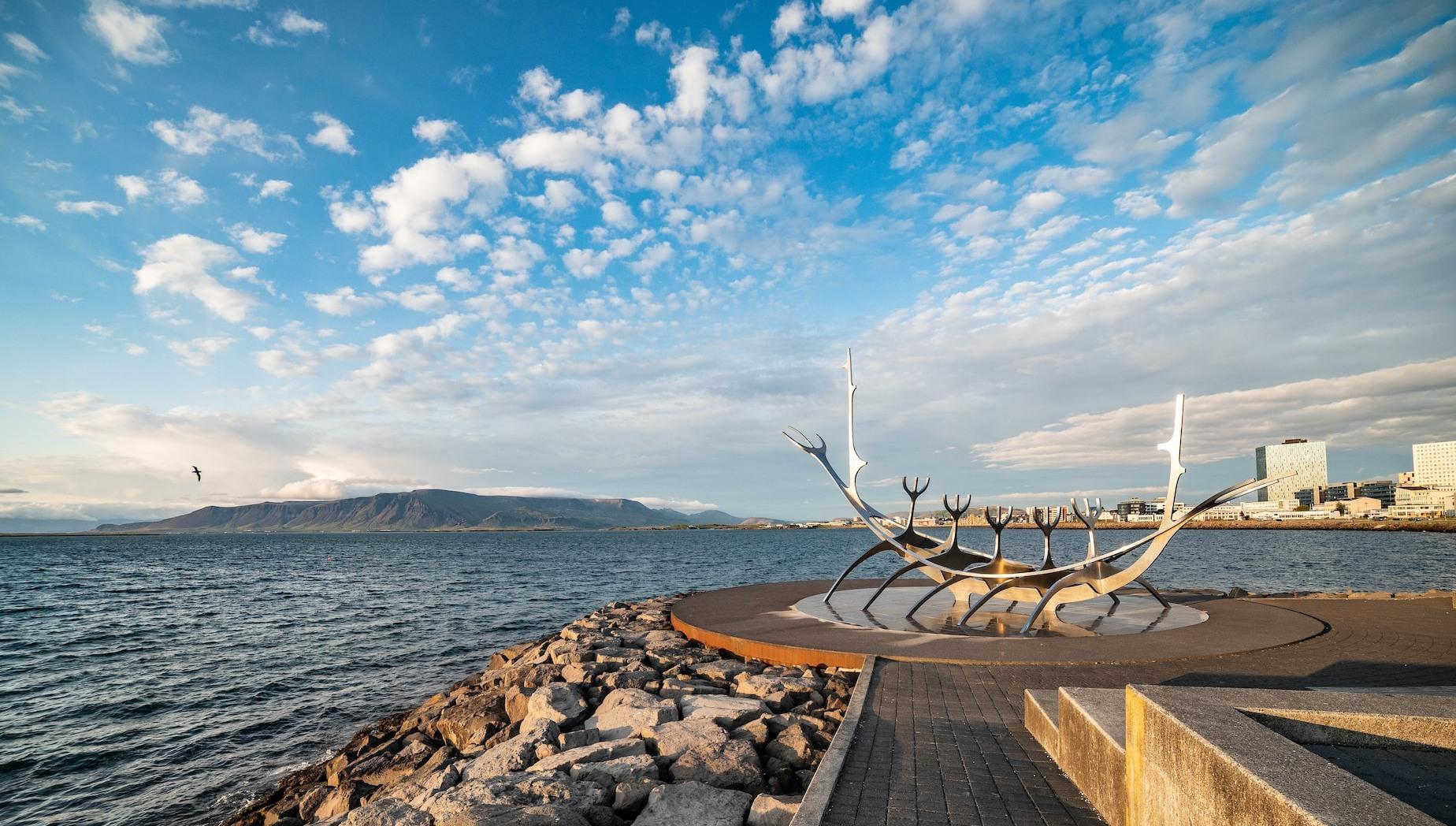
Tokyo (Japan)
The Tokyo-Yokohama metropolitan area is the most populous (38 million) on our planet. The movement on the neon-lit streets of the metropolis does not stop day or night. With high population density, property prices are exceptionally high, especially in the popular shopping district of Ginza. The majority of the local population resides in apartments with modest sizes. Japanese citizens often have to pay off their mortgages throughout their entire lives to acquire decent real estate. When constructing new buildings, architects prioritize strength and earthquake resistance. Over 90% of Tokyo's residents are Japanese, while the remaining population consists of valuable foreign employees and students. Education in Japan is highly revered regardless of age or social status. The capital's universities offer students the opportunity to receive quality and prestigious education. The cost of studying at the University of Tokyo (ranked 36th in the world university rankings) starts at $4,000 USD per year.
Average prices in the city:
Monthly rent for a 1-bedroom apartment: city center - 1,000 euros, other districts - 550 euros;
Lunch for two at a mid-range restaurant - 50 euros;
Bottle of water (0.33L) - 0.7 euros;
Loaf of white bread (500g) at the supermarket - 1.25 euros;
City public transport fare - 1 euro;
Gasoline (1 liter) - 1 euro;
Basic utilities (85 sqm apartment) per month - 155 euros;
Standard mobile phone tariff - 24 euros per month;
Unlimited internet - 28 euros per month;
Gym membership - 55 euros per month.

Tokyo is called the city of the future, and its GDP exceeds that of the entire country of Australia. The city's economic prosperity is based on high-tech manufacturing, applied sciences, and the financial sector. Japanese workers demonstrate excessive diligence in their work and receive worthy financial rewards. Most of the world's major corporations have headquarters located in Tokyo's business districts. Amidst the concrete jungles of the metropolis, there are picturesque parks in a national style and Shinto shrines. The city boasts the most developed transportation infrastructure in the world, and looking at the map of the local metro system can easily be overwhelming. The capital of Japan is renowned as one of the largest global exhibition centers, and it has the most advanced gaming and entertainment industry. Tokyo offers consumers a wide range of goods and services.
Advantages of living in the city:
- High standard of living;
- Developed urban infrastructure;
- Most locals speak English;
- Quality healthcare services;
- Diverse, delicious, and healthy cuisine;
- Strong emphasis on ecology;
- Low unemployment rate.
Disadvantages:
- Overcrowding in the metropolis;
- Not all areas are considered safe;
- Challenging climate conditions;
- Specific house numbering system;
- High seismic activity.
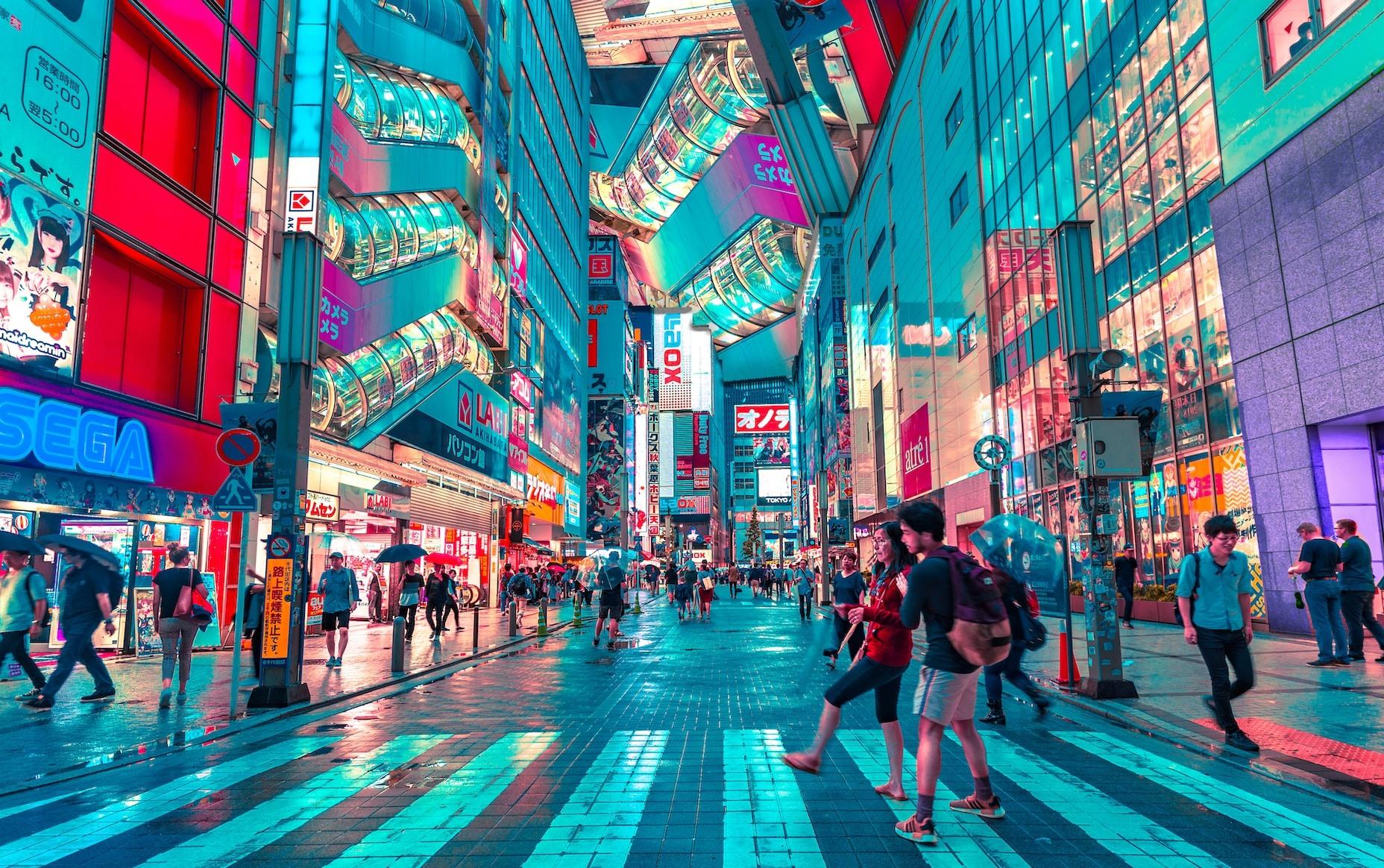
Limassol (Cyprus)
Limassol is a unique city on the south coast of Cyprus, welcoming tourists with luxurious hotels, modern entertainment infrastructure, and at the same time serving as a major business center not only for the island but for the entire island nation. Its unique location in the center of the southern coast, equidistant from cities such as Paphos, Larnaca, and the capital of the Republic of Cyprus, Nicosia, guarantees a constant influx of tourists, facilitated by its proximity to the island's international airports.
The city stretches along the coastline from east to west for a distance of 15 km. The tourist infrastructure, offering visitors a wide range of entertainment and accommodation options, including hotels and resorts of various service levels, starts from the Old Harbor and extends beyond the city limits. Limassol is home to many educational institutions, offices of international companies, and leading medical centers.
Average prices in the city:
- Monthly rent for a 1-bedroom apartment: city center - 1,200 euros, other areas - 850 euros;
- Lunch for two at a mid-range restaurant - 100 euros;
- Bottle of water (0.33L) - 1 euro;
- Loaf of white bread (500g) at the supermarket - 2 euros;
- City public transport fare - 2.5 euros;
- Gasoline (1 liter) - 1.5 euros;
- Basic utilities (85 sqm apartment) - starting from 80 euros per month;
- Standard mobile phone tariff - 20 euros per month;
- Unlimited internet - 50 euros per month;
- Gym membership - starting from 65 euros per month.
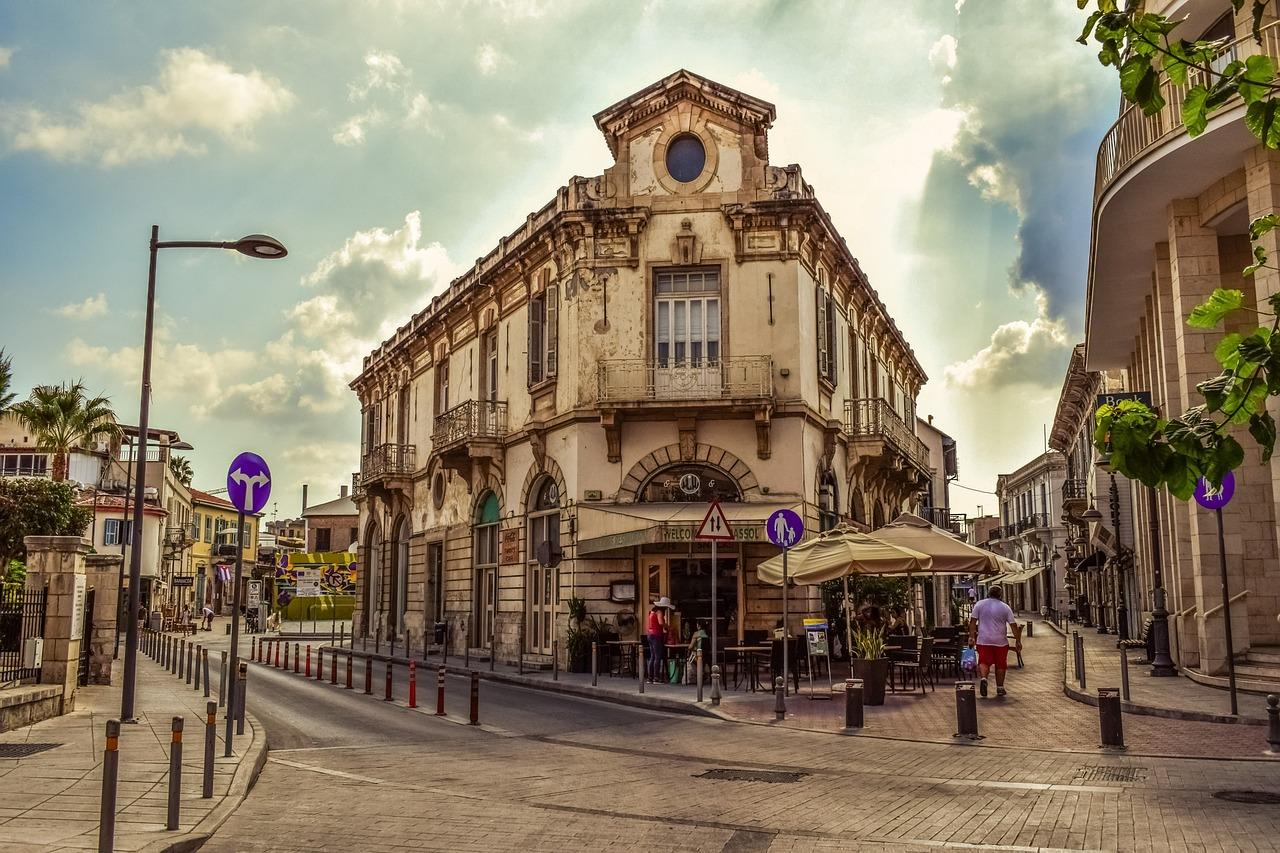
Limassol retains its potential for development and increases its investment attractiveness. Foreigners who have moved to the island and international hotel chains invest in urban real estate, which stimulates a progressive increase in prices. The city's residents are friendly towards representatives of other countries.
Advantages of living in the city:
- Low tax rates;
- Possibility of obtaining official status when purchasing real estate;
- Comfortable conditions for business;
- High level of safety;
- More than 300 sunny days per year;
- Variety of maritime entertainment, delicious and healthy food.
Disadvantages:
- Lack of promptness in the work of government structures;
- Municipal transportation runs infrequently and slowly;
- Absence of central heating in houses.
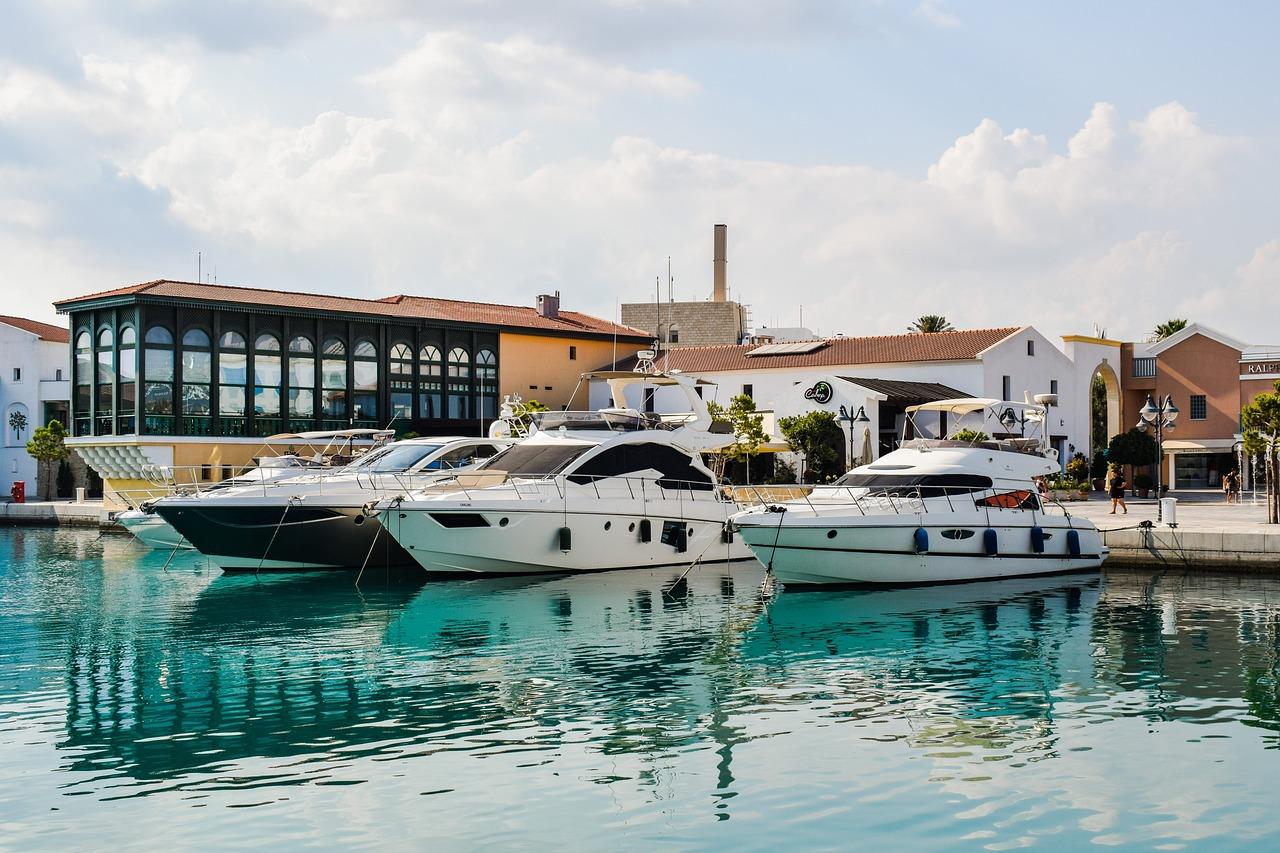
Interested in real estate on the island? Visit the number one real estate agency in Cyprus - DOM! The agency's website features the largest database of real estate in the country, with over 30,000 residential and commercial properties across the entire island. Choose and consult with professional brokers who will help you make the right choice!
Read also:

